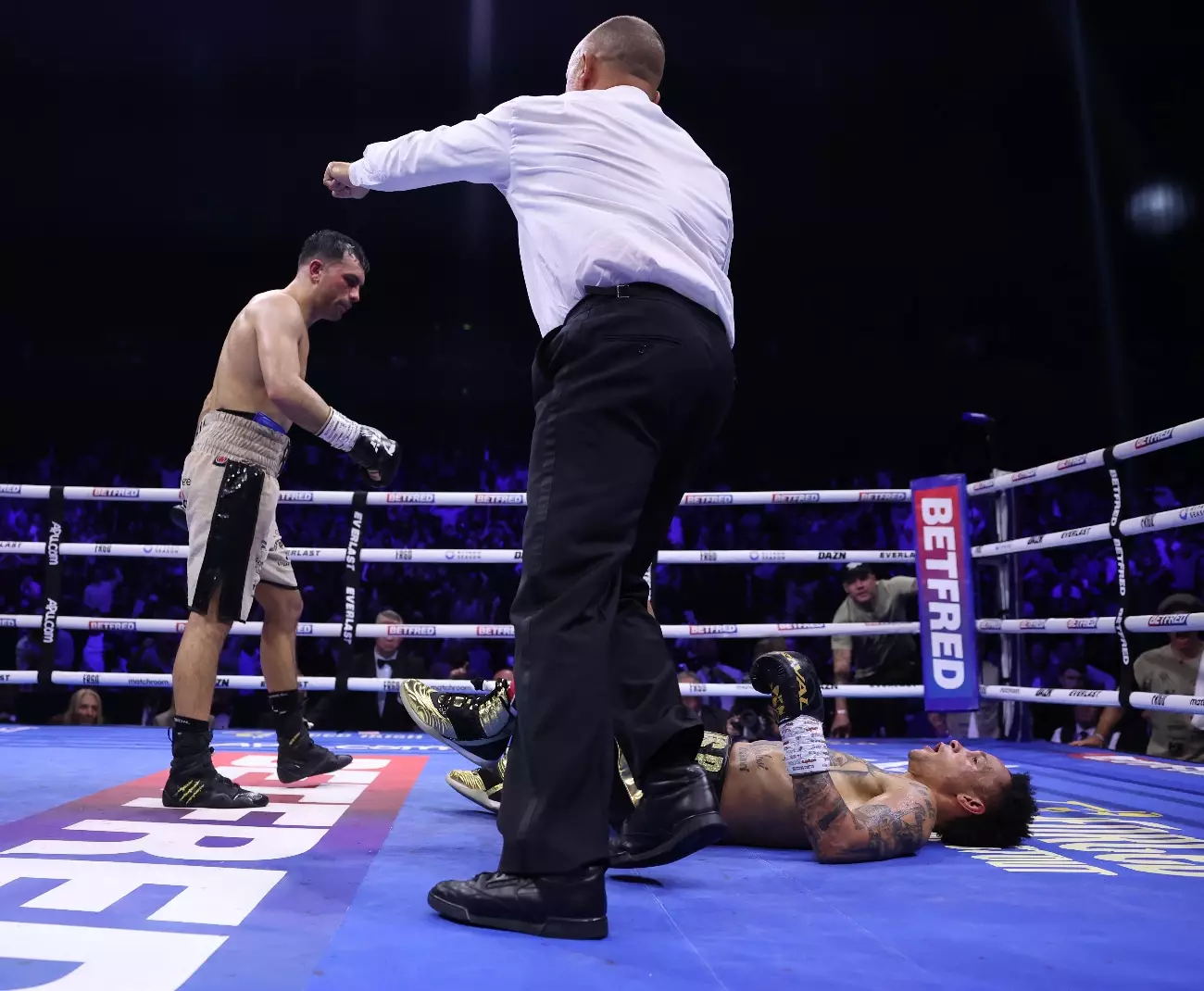In the ever-volatile world of boxing promotion, disagreements often manifest publicly, with social media serving as the primary battleground. A recent feud erupted between two notable boxing promoters, Eddie Hearn and Oscar De La Hoya, ignited by a devastating loss suffered by boxer Regis Prograis. Hearn left no stone unturned in his vehement response to De La Hoya’s tweet, which claimed that matchmaking decisions played a critical role in derailing Prograis’ career. The heated exchanges between these promoters not only highlight their conflicting promotions’ philosophies but also underscore the harsh realities faced by fighters like Prograis in today’s competitive landscape.
Regis Prograis, once a promising light welterweight champion, found himself at a pivotal moment in his career following a lopsided unanimous decision loss to Jack Catterall. This latest defeat marks Prograis’ second consecutive setback under the Matchroom banner, putting his promotional relationship and career direction into sharp focus. Hearn argued that Prograis has had lucrative bouts during his tenure, suggesting that financial gain does not inherently equate to a build-up of a fighter’s legacy. This raises an important question: is financial success enough to mask the erosion of a fighter’s skills and confidence over time?
In the wake of this latest loss, Prograis, a 35-year-old veteran, seems to be grappling with the physical toll and diminished reflexes that can accompany aging in any sport. This deterioration is particularly concerning in boxing, where an athlete’s peak years are often limited. Prograis has now suffered defeats to opponents like Devin Haney and Catterall—fighters he might have bested in earlier stages of his career, prompting concerns about whether his connection with Matchroom has indeed been detrimental rather than advantageous.
The Debate Over Matchmaking
The dissection of Prograis’ recent fights brings to light an essential dialogue regarding matchmaking. While Hearn expressed that Prograis willingly chose to fight Catterall, it begs the question of whether the matchmaking was truly conducive to the fighter’s best interests. In chastising De La Hoya for his critique, Hearn emphasized the autonomy of the fighters in selecting their paths, yet the underlying implications of the matchmaking strategies persist.
De La Hoya’s assertion that Hearn has “ruined” Prograis’ career opens up a larger conversation about responsibility and the ethics of fight promotions. When promoters vehemently defend their matchmaking decisions, such rhetoric can often feel dismissive of the personal stakes involved for the fighters. As Prograis’ career takes a downturn, the scrutiny on those orchestrating these fights intensifies, leading to questions about accountability within the business.
Ultimately, this feud is emblematic of a broader concern regarding the welfare of professional fighters. As a seasoned promoter, Hearn’s response reveals his awareness of the pressures that come with the territory but also raises matters of mental health, career trajectories, and the importance of supporting fighters through prosperous and challenging times. When “rolling the dice” results in defeats, it doesn’t just influence win-loss records; it also has profound implications on a fighter’s psyche, self-esteem, and future opportunities in the sport.
As the narrative unfolds, the boxing community watches keenly not just for which promoter comes out on top but for how these developments affect fighters like Prograis. In a sport where every match can alter the course of a career, it is essential to remember that behind the glamour of promotions lies the life and well-being of the athletes who risk it all in the ring.

